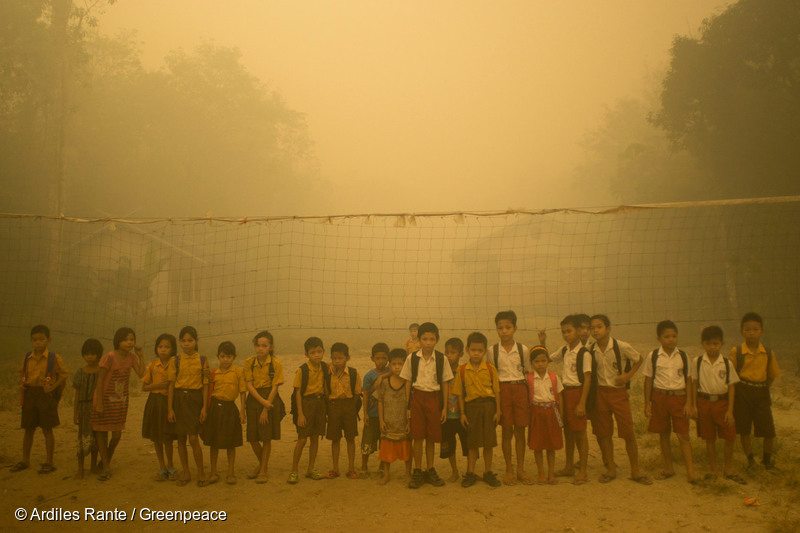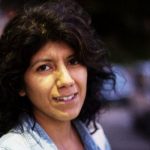A study released last week by Harvard and Columbia reports that more than 100,000 people in Southeast Asia may have had their lives cut short by the toxic smoke and haze from Indonesia’s massive 2015 forest fires. In Indonesia alone, the study estimates 91,600 premature deaths as a result of the fires.
It’s hard to imagine a catastrophe of this scale; in many ways, the world is just now coming to terms with the magnitude of the fires, the aftermath, and the lives taken.
As Indonesia’s fire season approaches this year, we need to resolve that this human-environmental tragedy never happens again.
To stop this, we must understand why the fires burned in the first place, and who is responsible.
In Indonesia, these fires are started as a way to clear forested areas and drain carbon-rich peatlands, most often for palm oil plantations. The palm oil grown in Indonesia ends up on store shelves around the world and is a key ingredient found in just about every popular brand-name product. Palm oil is not only found in the snack foods we consume, but also in hair care and beauty products.
However, before palm oil ends up in these consumer products, it passes through some very powerful corporate hands that trade the oil to the end users, those famous brand-name companies. Right now, traders in the palm oil business hold the key to the palm oil growers, processors and the brand companies.

Children at the playground while the air is engulfed with thick toxic haze from the forest fires.
One of these traders is Malaysia-based IOI Group, the third-largest palm oil trader in the world. This company has very little brand visibility, which means it often gets away with its role in fueling deforestation for palm oil.
But you can change that.
While IOI Group claims to have a zero-deforestation policy, last year’s fires occurred on its land in Kalimantan, Indonesia. The company has a legacy of forest destruction in Indonesia, and continues to violate zero-deforestation, peatland destruction, and exploitation policies.


